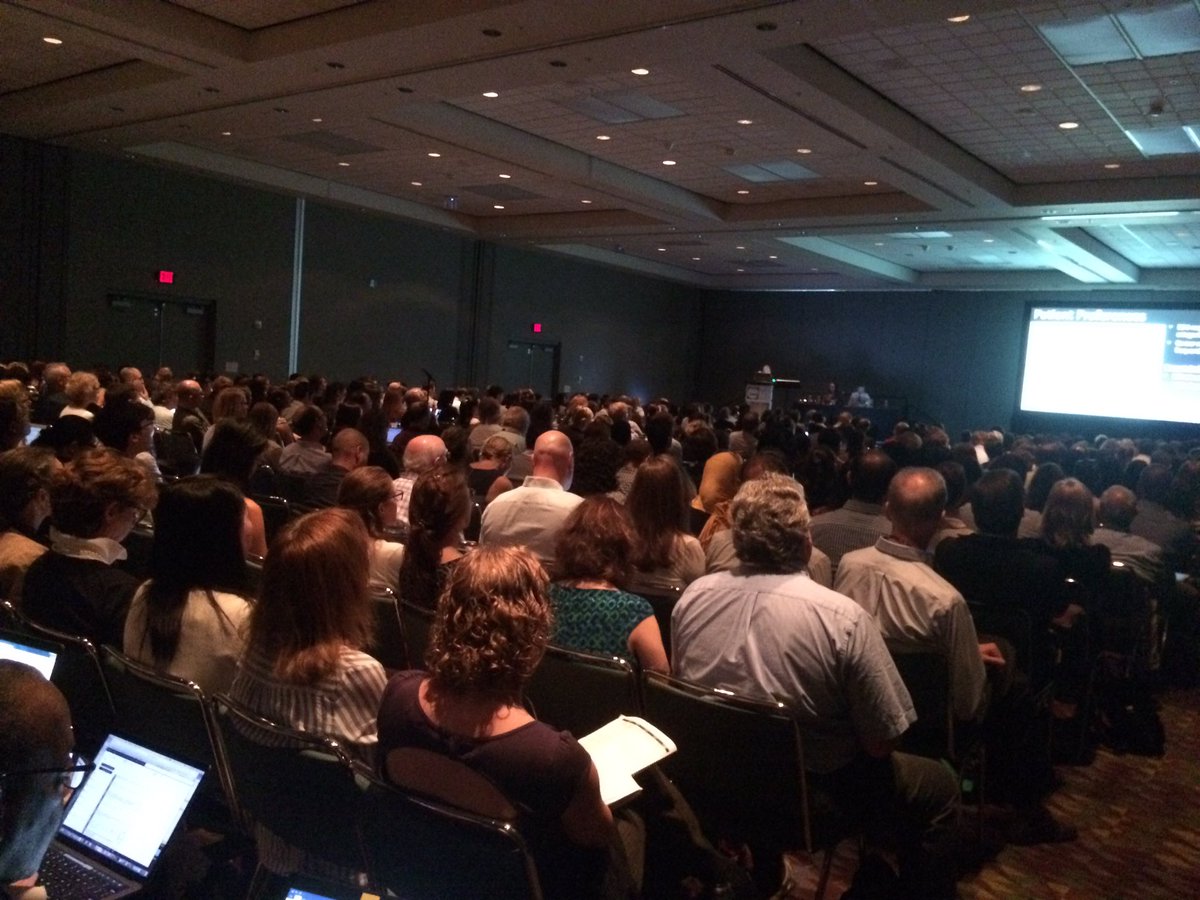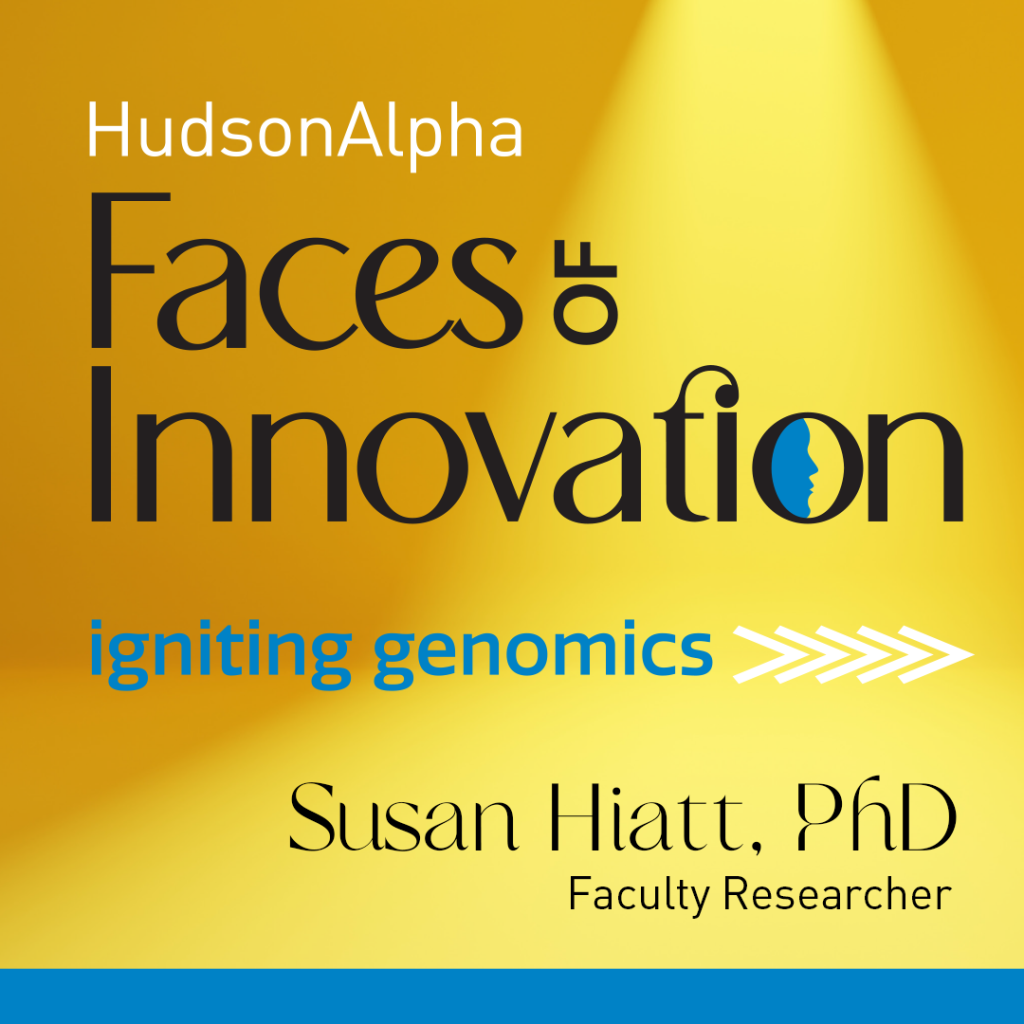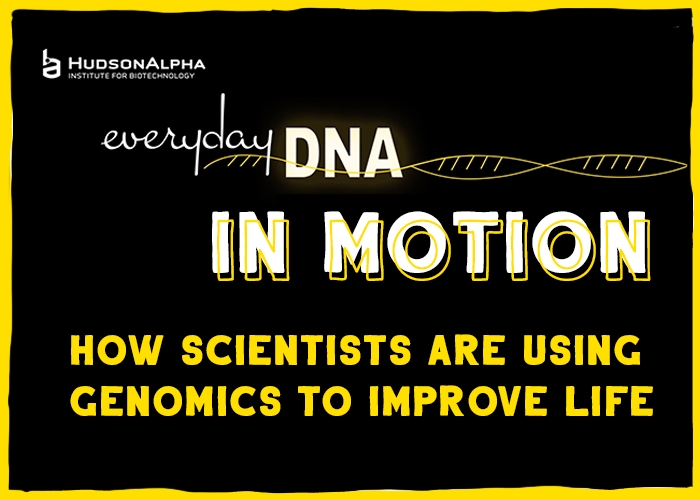 Elective genomic sequencing, patient communication tools and genomic findings in autism spectrum disorder were highlights of the 2017 American Society of Human Genetics (ASHG) annual meeting Wednesday, October 18.
Elective genomic sequencing, patient communication tools and genomic findings in autism spectrum disorder were highlights of the 2017 American Society of Human Genetics (ASHG) annual meeting Wednesday, October 18.
David Bick, MD, faculty investigator and clinical geneticist, presented a poster on Insight Genome, a program that offers clinical whole genome sequencing on an elective basis.
Of the initial 24 individuals to participate in the program, seven were found to have a variant associated with phenotype. There was one secondary finding, and 71% were found to be carriers of between one and five recessive disorders.
Insight Genome also includes a clinical pharmacogenomics report. In the initial group of patients, 50% were found to have variants that would influence selections of three or more medications.
__
Adam Hott, EdD, clinical applications lead at HudsonAlpha, presented a poster on Genome Gateway™, an online application to facilitate communication between patients and clinicians, or between participants and clinical researchers.
“Onboarding through Genome Gateway™ is a critical feature of patient experience because it sets the tone for future interactions. By offering online forms and reducing the number of times a patient has to fill out those forms, the visit is streamlined and patient satisfaction increases,” said Adam Hott, Ed.D., who led the Genome Gateway™ project and also is the digital applications lead for HudsonAlpha.
The clinic team reported a 45-60 minute decrease in the length of clinic visits. More than two-thirds of patients engaged with educational materials prior to their first visit as well.
In addition to its use as a clinical tool, researchers also integrate Genome Gateway™ into projects. Participants in the Alabama Genomic Health Initiative (AGHI) will soon be utilizing a separate instance of the gateway for education and communication, as will future participants of HudsonAlpha’s CSER funded project SouthSeq.
__
Matthew Neu, a graduate student in the Greg Cooper, PhD, lab; presented a poster on an ongoing research project exploring the genetic causes of autism spectrum disorder. The lab is performing whole genome sequencing on more than 500 individuals, grouped in quads (affected sibling, unaffected sibling, and both parents if possible). The affected individuals have previously had exome sequencing, but no causal variants have been identified.
A more clear understanding of genetic variant contributions to ASD risk may serve to both increase clinical diagnostic effectiveness and identify ASD-associated genes, pathways, and molecular mechanisms. This data may also be useful for identifying potential future therapeutic targets.


